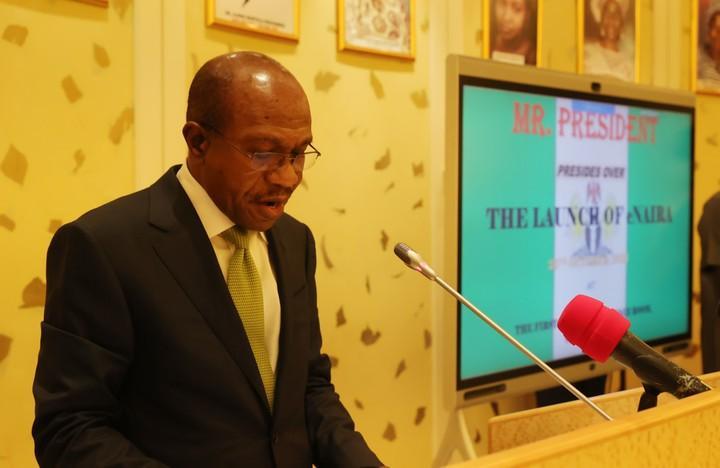- Experts Advise Banks, Others on Tech Devices’ Usage
Experts in the banking and other financial institutions have said that financial institutions are being directly positively affected by rapidly expanding innovation.
They said this had the potential to disrupt the strategy and business models of many financial institutions globally.
The experts noted that these developments in financial technology in addition to impacting on businesses could also affect the direction of regulation in the financial services industry.
They spoke during the 2018 CBN-FITC continuous education programme for directors of banks and other financial institutions in Lagos.
The Chairman, FITC Board, Mrs Aisha Ahmad, said that the growing Fintech adoption as evidenced by an upsurge in the number of new business start-ups, user cases and applications developed were partly attributable to the surge in e-commerce and increasing migration to smartphones.
“Research provides strong evidence that financial technology could transform existing business models and invent new forms of businesses in a profound way,” she said.
According to her, a challenge policymakers contend with is the need to manage sometimes conflicting priorities such as market growth, competition and safety in the financial system.
Ahmed explained that striking that balance might involve altering mature regulatory structures; defining how non-traditional financial service providers such as technology companies and retailers could fit within these structures; creating agencies, licences, or rules to oversee innovation; or fostering desirable financial services.
Whichever approaches regulators chose could have substantial effects on people’s financial well-being, she added.
She said it was cogent to examine the opportunities and threats in the emerging disruptive financial technologies in the marketplace, as well as stimulate ideas on other critical issues necessary for sustainable value creation by boards.
Although innovation is fundamentally a neutral force, the FITC chairman said its consequences could be clearly positive, facilitating consumer transactions, as the ATM did start in the 1960s, or markedly negative, such as when novel forms of mortgage-backed securities helped cause the great recession of 2007/2008.
She said the CBN-FITC event provided another opportunity for directors of banks and other financial institutions in Nigeria to further enhance their skills while providing the opportunity to interact with industry regulators, directors of other financial institutions, as well as experienced subject matter experts.
“This edition of the programme, being the 13th in collaboration with the CBN and FITCs 34th edition from 1985, has been designed to bring stakeholders together, to explore the complexities of financial technology and provide insights to directors on how best to provide oversight for this emerging potentially disruptive area, while assessing and utilising this technology for smart growth and sustainable long-term value creation.”



 Naira4 weeks ago
Naira4 weeks ago


 Naira3 weeks ago
Naira3 weeks ago




 Naira3 weeks ago
Naira3 weeks ago




 Naira3 weeks ago
Naira3 weeks ago




 Naira2 weeks ago
Naira2 weeks ago
 Commodities3 weeks ago
Commodities3 weeks ago


 Sport Business4 weeks ago
Sport Business4 weeks ago


 Banking Sector4 weeks ago
Banking Sector4 weeks ago




















